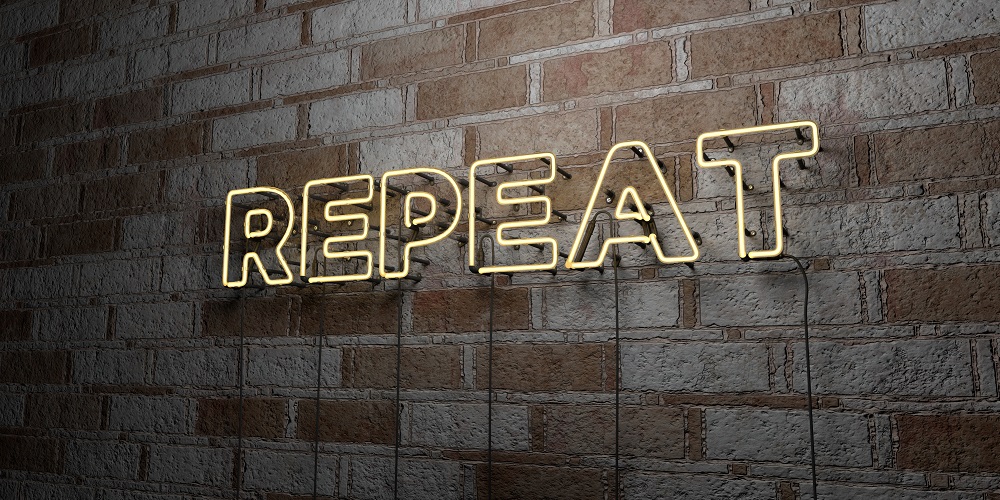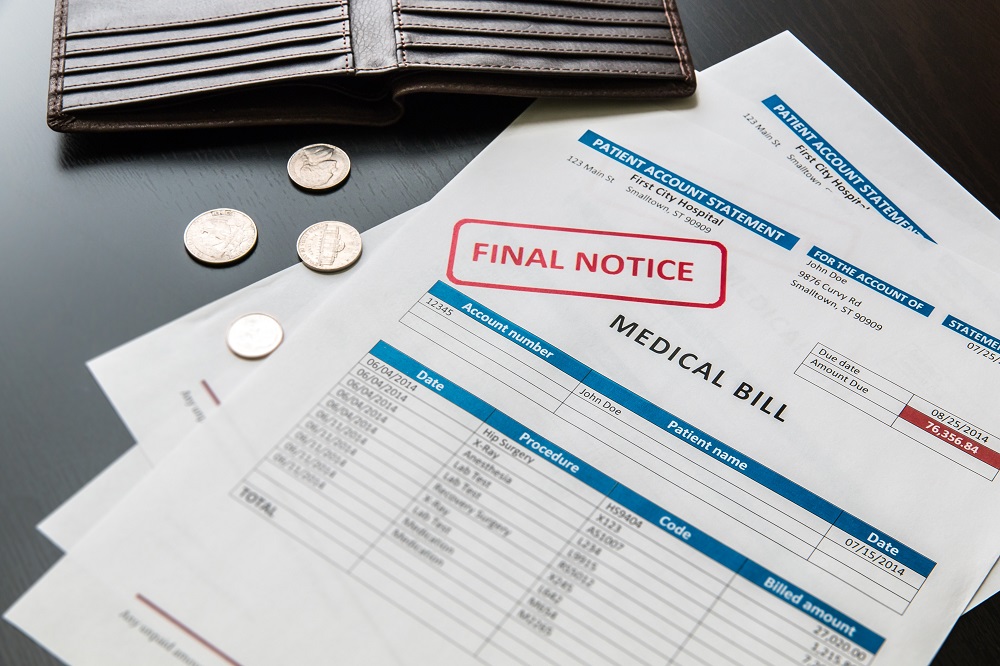Will Bankruptcy Affect My Children?
Dealing with financial troubles is challenging enough when you’re on your own. When kids are depending on you, the situation becomes even more troublesome. Bankruptcy is often the choice of people who are going through financial difficulties. Before looking into any solution, you will have to ask yourself – “will bankruptcy affect my children?” Arizona offers some great protections to kids and here’s a more detailed look at the possibilities.
Arizona Bankruptcy and Children
As you probably know already, certain exemptions apply to your assets and property when you decide to file bankruptcy.
In Arizona, a few of these exemptions apply to the financial wellbeing of children.
The most important exemptions that are relevant to parents include the following:
- Life insurance proceeds of up to 20,000 dollars when the beneficiary is a spouse or a child
- Minor child earnings
- Welfare benefits and unemployment compensations
- A minimum of 75 percent of wages and pension payments
- Money in a trust fund or a bank account for your child
- Deposits in education funds
- Any property or personal belongings that children have bought using their own money
As you can see, the protections are serious. Most of the key savings you have established in your child’s name, as well as most of your wage will be protected.
The only exception is valuables and belongings that you have bought for a child using your own money. In the case of Chapter 7 filing, the bankruptcy trustee may include those in the bankruptcy estate. Depending on the specifics of the situation, some of these personal belongings may have to be used for the purpose of covering a portion of the debt.
The Difference between Chapter 7 and Chapter 13 Bankruptcy Filing
To understand the full scope of bankruptcy filing implications, you will have to understand the difference between Chapter 7 and Chapter 13 bankruptcies.
A Chapter 7 bankruptcy comes with debt discharge. This is why the bankruptcy estate has to be established and used to pay off debt, using existing assets as a collateral.in Arizona, there are certain exemptions. These are the valuable, property and savings that can’t be included in the estate.
Chapter 13 bankruptcies are different. There will be no debt discharge. Instead, the debtor will be provided with a payment plan spanning over the course of three to five years. Over this period, the debtor will be responsible for making creditor payments that are determined by court and the trustee.
As long as the debtor is capable of making these payments, they will not face issues as far as personal assets are concerned. The property, savings and belongings of all family members will be protected. Generally speaking, Chapter 13 bankruptcies do not pose the complications that typically come with Chapter 7 bankruptcy planning.
Be Careful about Suspicious Transfers!
Because the bank accounts and trust funds of kids are protected during the parent’s bankruptcy, some individuals may consider those as financial tools for the protection of assets.
 Making a big transfer to a child’s bank account may seem like a good idea shortly before the bankruptcy filing. If you’re considering this possibility in an attempt to keep some of your savings, however, you should know that the idea is a bad one.
Making a big transfer to a child’s bank account may seem like a good idea shortly before the bankruptcy filing. If you’re considering this possibility in an attempt to keep some of your savings, however, you should know that the idea is a bad one.
Massive transfers before bankruptcy filing could be seen as a fraud attempt. They will eventually make the discharge impossible. Depending on the scope of the fraud attempt, the individual may even be prosecuted.
Being worried about your children when you’re facing financial difficulties is normal. Still, you shouldn’t do anything impulsive in an attempt to protect assets. Keep asking yourself – “could bankruptcy affect my children?” Talking to an experienced bankruptcy attorney will give you a much better idea about what you can do to ensure the financial stability of your kids.




